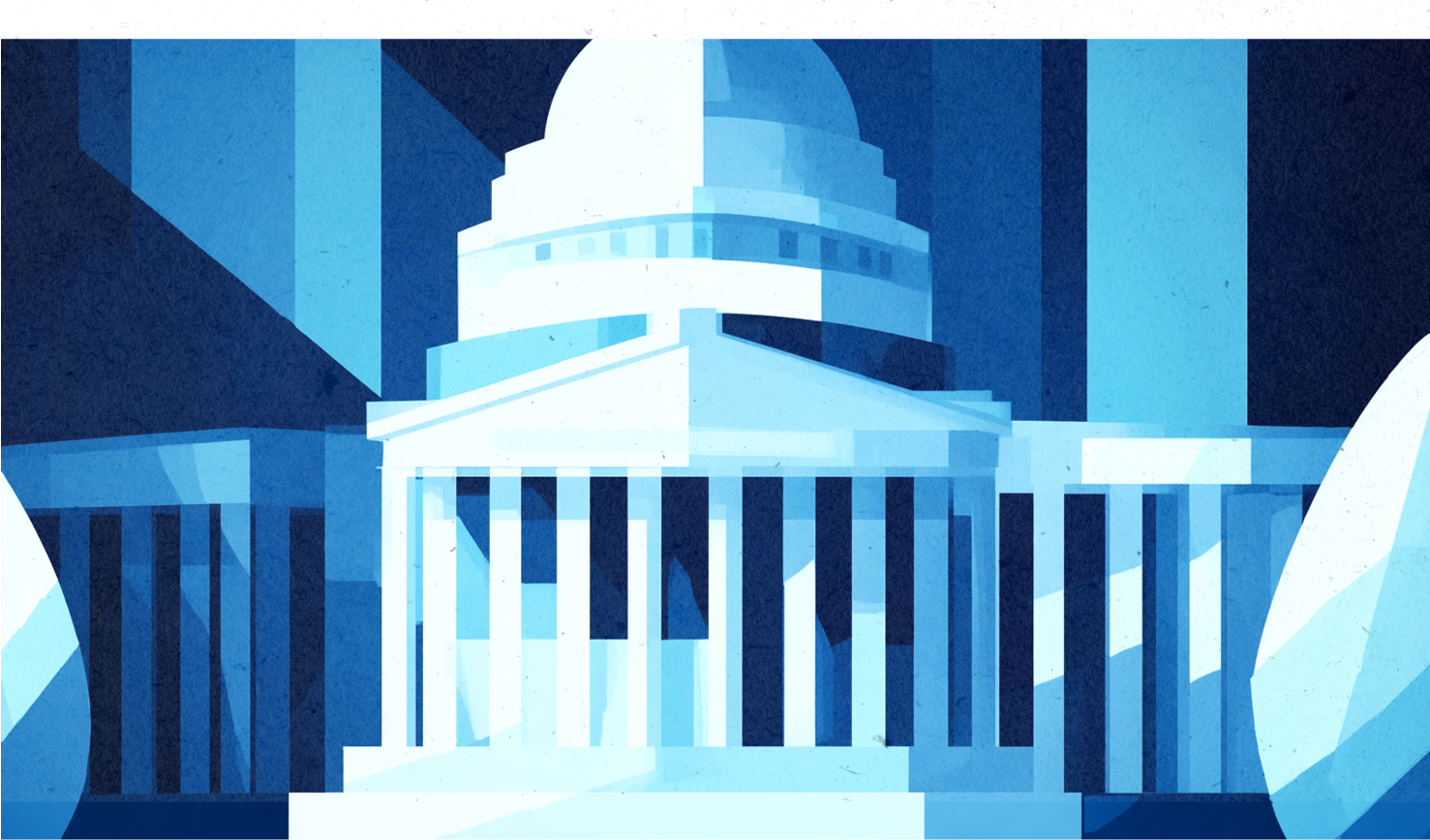As the world of digital assets continues to evolve, so does the regulatory landscape surrounding it. While bitcoin certainly doesn’t need the permission of any politician or legislation to work effectively, it is important to keep our eyes on Washington to understand what changes are being implemented or repealed that will impact bitcoin’s potential growth in the United States and beyond.
In recent months, several significant pieces of legislation have been introduced in Congress, each aiming to establish a more comprehensive and secure framework for cryptocurrency regulation in the United States. These legislative efforts are crucial for addressing the challenges and opportunities presented by digital currencies, from consumer protection and market integrity to defining the roles of regulatory bodies.
As we delve into these legislative measures, it’s clear that their implications reach far beyond Washington. These laws will shape the operational landscape for businesses, investors, and consumers alike, influencing how cryptocurrencies like bitcoin are traded, stored, and utilized. By providing a clearer regulatory framework, these efforts aim to foster innovation while safeguarding against fraud and market manipulation. Understanding these changes is essential for anyone involved in the digital asset space, as they will determine the future trajectory of bitcoin adoption and integration into the broader financial system.
Today, we will walk through three pieces of legislation currently working through Congress or have hit the President’s desk to sign or veto:
Joint Resolution 109 - Allowing Banks To Custody Bitcoin
The first piece of legislation to discuss is Joint Resolution 109, created to invalidate the Securities and Exchange Commission’s Staff Account Bulletin (SAB) 121. SAB 121 was created to tell companies how to disclose the cryptocurrency assets they hold for customers. It is controversial because it requires companies to recognize a liability for the obligation to safeguard cryptocurrency for customers, which will significantly impact balance sheets and financial statements. The primary arguments about why SAB 121 should be invalidated are based on the practicality of the requirements, financial impact, and broad economic implications. To many, this is another example of the SEC overstepping its authority.
The joint resolution passed in the House of Representatives by a vote of 228-182 and passed in the Senate 60-38. This is a major development in the world of politics because this represents the first major resolution regarding cryptocurrency in which Democrats broke away from anti-crypto leaders like Elizabeth Warren to vote in favor of a resolution or bill that may enable more users to get access to bitcoin through their banks.
However, President Biden announced that if the resolution were to pass through Congress, he would veto it. While pressure has been mounting on Biden’s stance against cryptocurrency, and some expected him to sign the resolution, Biden ultimately did veto it. However, Congressman Mike Flood (R-NE), who introduced the resolution, announced that he would continue to work to get SAB 121 repealed.
FIT21 - Establishing Frameworks For Digital Asset Markets
The second important piece of legislation is a bill, The Financial Innovation and Technology for the 21st Century Act (FIT21), which recently passed the House of Representatives with a significant bipartisan vote of 279-136. This bill aims to establish a regulatory framework for digital asset markets in the United States. It designates the Commodity Futures Trading Commission (CFTC) as the primary regulator for non-security digital assets, clarifying the roles of various regulatory bodies in overseeing the crypto industry.
The legislation also includes provisions for consumer protection and aims to clearly define what constitutes a digital asset security versus a commodity. Despite the House’s approval, the bill faces an uncertain future in the Senate, where no counterpart bill currently exists.
However, with many Democrats voting to repeal SAB 121 in the Senate, time will tell if this bill will make its way to the Senate floor to receive a vote.
Lummis-Gillibrand Responsible Financial Innovation Act - Creating A Regulatory Framework For Digital Assets
The last bill to discuss is the Lummis-Gillibrand Responsible Financial Innovation Act, which was introduced by Cynthia Lummis (R-WY) and Kristen Gillibrand (D-NY) in 2023 and is a comprehensive bill aimed at creating a robust regulatory framework for digital assets. This bill seeks to clarify the classification of digital assets, delineate between securities and commodities, and propose regulatory oversight mechanisms for both.
Additionally, it aims to establish tax guidelines for cryptocurrencies, including exemptions for small transactions under $200. The bill emphasizes consumer protection, anti-money laundering measures, and increased regulatory transparency. While its chances of passing as a single comprehensive piece of legislation are slim, it is expected to influence the development of more targeted crypto regulations in Congress.
The first two pieces of legislation that have been discussed provide evidence of this fact. This bill also has renewed energy because of the shift in voting behavior in the House and Senate by some Democrats.
More Politics To Pay Attention To
Finally, while not a piece of legislation, it is also important to note that Donald Trump has made numerous public comments in recent weeks discussing the importance of bitcoin in America in an attempt to win over the pro-bitcoin vote in this year’s Presidential election. While it remains to be seen if the Biden administration will change its direction regarding bitcoin and other digital assets to win back votes, one thing is certain: for the first time in a U.S. Presidential election, bitcoin is officially on the ballot.
For clients holding bitcoin, these legislative developments are pivotal. If successful, they could lead to a more secure and transparent environment for bitcoin transactions, potentially facilitating greater mainstream adoption and integration with traditional financial systems. However, it also means staying informed and prepared for changes that could impact how bitcoin is stored, reported, and utilized. As the regulatory landscape continues to evolve, bitcoin holders must stay informed of these developments to navigate the opportunities and challenges they present.




